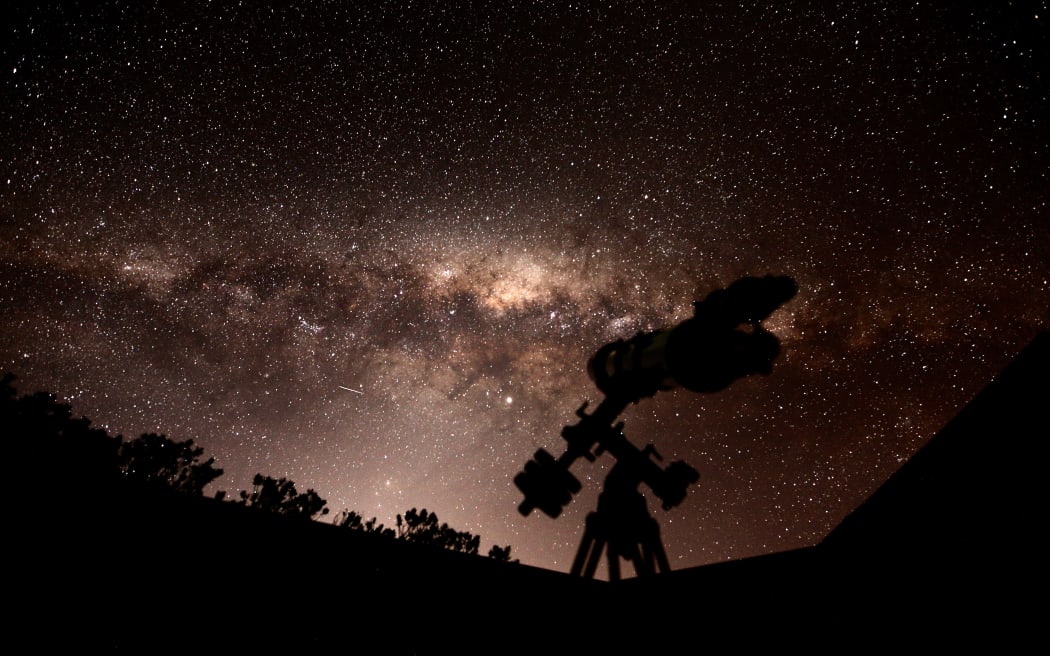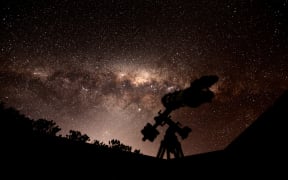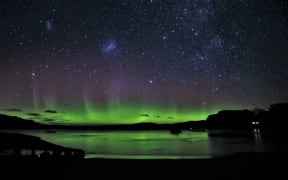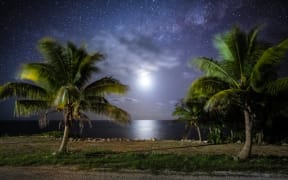
A move to create a Dark Sky reserve in Wairarapa will look to boost domestic tourism. Photo: Lee Mauger
Two Wairarapa districts are the latest to be certified under the International Dark Sky Reserve movement, joining just 20 other places worldwide.
South Wairarapa and Carterton's night skies will know be known under the collective name, 'Wairarapa Dark Sky Reserve', covering an area of 3,665 square kilometers.
Efforts to obtain the certification first began five years ago by a small group of volunteers. The aim was to protect the region's night skies from light pollution.
Wairarapa Dark Sky Association chair Viv Napier said the districts were protected from light encroachment by the Pacific Ocean to the east and south, and the Remutaka and Tararua forest ranges to the west.
"We are thrilled to be granted kaitiaki (guardianship) status for our sparkling dark skies by the international body," she said.
"We know there are massive environmental and social benefits from reducing the scatter of light at night, and we want to thank the communities of Martinborough, Featherston, Greytown, and Carterton for their support."
The association also had plans to expand the reserve area to include Masterton district.
International Dark-Sky Association director of conservation Ashley Wilson said the Wairarapa Dark Sky Reserve was already inspiring advocates from other parts of New Zealand.
"This robust and successful nomination will pave the way for new certifications to arise in the near future, providing additional protections for the natural and cultural resource that is the dark sky."
The International Dark Sky Places programme was founded in 2001 to encourage communities to preserve dark sites through effective lighting policies, environmentally responsible outdoor lighting, and public education. When used indiscriminately, artificial light could disrupt ecosystems, impact human health, waste money and energy, contribute to climate change, and block views of the galaxy, the association said.
New Zealand's first internationally accredited dark sky reserve was at Aoraki-McKenzie in the South Island, certified in 2012.






